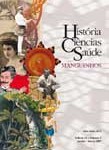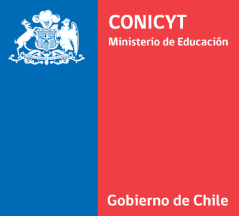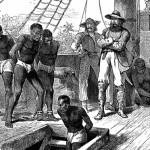“September 30th, International Translation Day”

People march for a new Constitution in 1987 after the democratic opening. Foto: Erik Barros Pinto / Projeto Radis/ENSP/Fiocruz. Readings about developmentalist health and interpretations for the Brazilian health reform and public health (HCSM Jan-Mar 2021) is one of the articles on Brazilian history translated into English. It analyzes the discourse of two sanitary doctors from the developmentalist period – Mário Magalhães da Silveira and Carlos Gentile de Mello – to identify the precursors of the Brazilian health reform.
On 24 May 2017, the UN General Assembly recognized the role of language professionals in connecting nations and fostering peace and declared 30 September as International Translation Day. September 30 celebrates the feast of St. Jerome, the Bible translator, who is considered the patron saint of translators.
In recent years, História Ciencias Saúde – Manguinhos has seriously embraced the goal of internationalization. Due to this, we also had to increase the number of articles translated mainly into English. To celebrate the International Translation Day, we made a selection of articles about any aspect of the history of Brazil translated from Portuguese into English
Geology and medicine in Brazil Oscar Nerval de Gouvêa was a scientist and teacher in Rio de Janeiro, Brazil, whose work spanned engineering, medicine, the social sciences, and law. This paper discusses a manuscript entitled “Table of mineral classification,” which he appended to his dissertation presented to the Faculty of Medicine in 1889.
Developmentalist health and the the Brazilian health reform This article (HCSM Jan-Mar 2021) analyzes the discourse of two sanitary doctors from the developmentalist period – Mário Magalhães da Silveira and Carlos Gentile de Mello – to identify the precursors of the Brazilian health reform.
Psychoanalysis during the Brazilian military dictatorship The paper concludes that psychoanalysis over this period was dominated by the discourse of neutrality.
Control of cervical cancer in Brazil: the Belo Horizonte Hospital of Gynecology The hospital was a pioneer in introducing colposcopy in the state of Minas Gerais and establishing a structure specifically for care and diagnosis.
A review of environmental historiography on Brazil This overview of books on Brazilian environmental history includes topics such as forests, agriculture, biodiversity, urban dynamics and environmentalism.
Brazil in the counterflow of history This article, published in preprint at Scielo Library, analyzes how Brazilian foreign policy is responding to the main domestic and international challenges related to fighting the pandemic.
The limits of healthcare assistance in 19th century Brazil In order to understand healthcare assistance in nineteenth century Brazil, Rogério Siqueira and Maria Renilda Barreto examine the Zona da Mata region in the state of Minas Gerais.
Women involved in Brazil’s health policy on leprosy Francieli Lunelli Santos and José Augusto Leandro examine the family profiles of women holding key decision-making positions in health policy concerning leprosy from the mid-1920s to the late 1940s.
Chagas disease and tropical medicine in Brazil, 1908-1909 The disease was discovered in 1909 by the Brazilian sanitary physician Carlos Chagas at the Oswaldo Cruz Institute.
Railroads and tropical medicine in Brazil This paper by Jaime Benchimol and André Felipe Cândido da Silva, our former and current science editors, shows how railways supported the development of tropical medicine in the First Republic.
Zefinha, the longest confined woman in Brazil Debora Diniz and Luciana Brito (Universidade de Brasília) analyze dossier, judicial proceedings, interviews and photographs about the woman who spent more time within the walls of the forensic hospital than outside them.
Medicine in the context of Portugal, Africa and Brazil This dossier examines different aspects of medicine in the Portuguese colonial period, such as the slave trade and the circulation of diseases.









